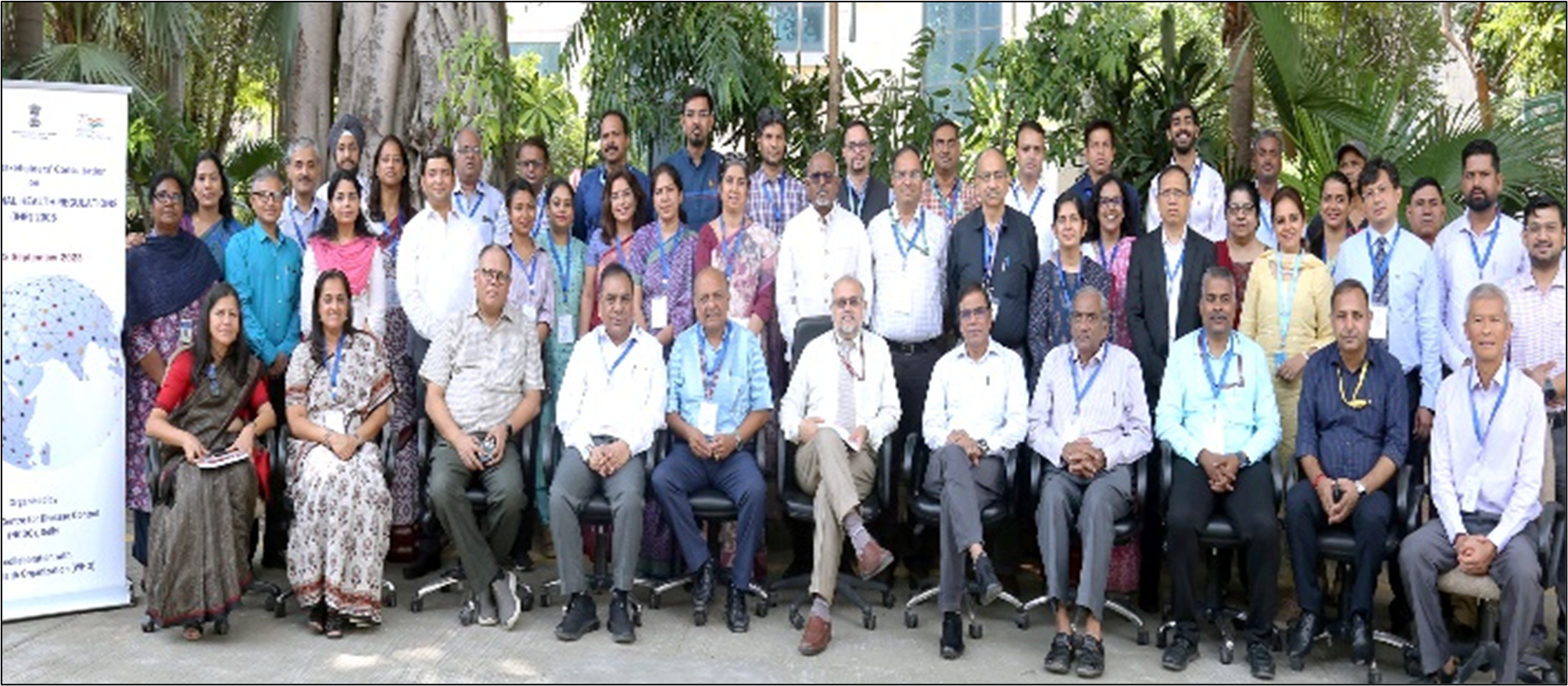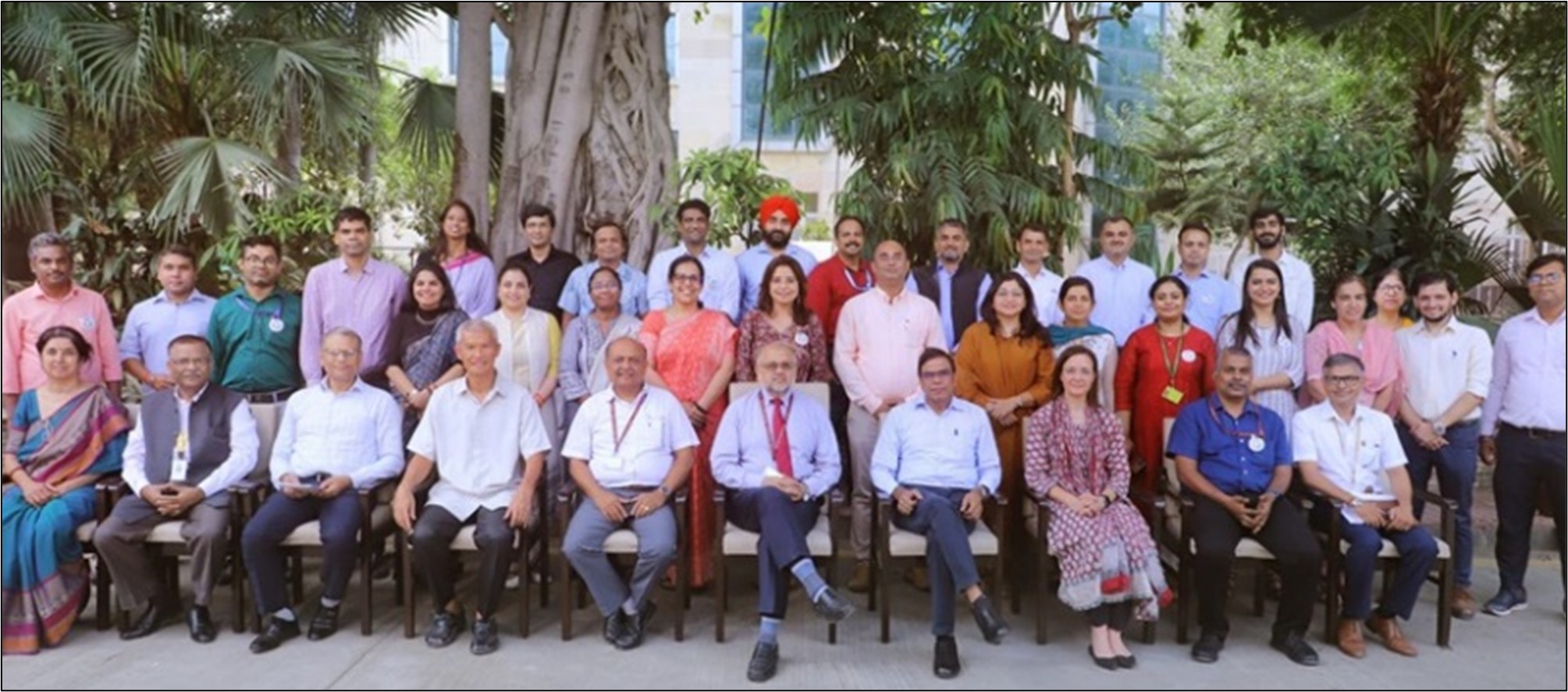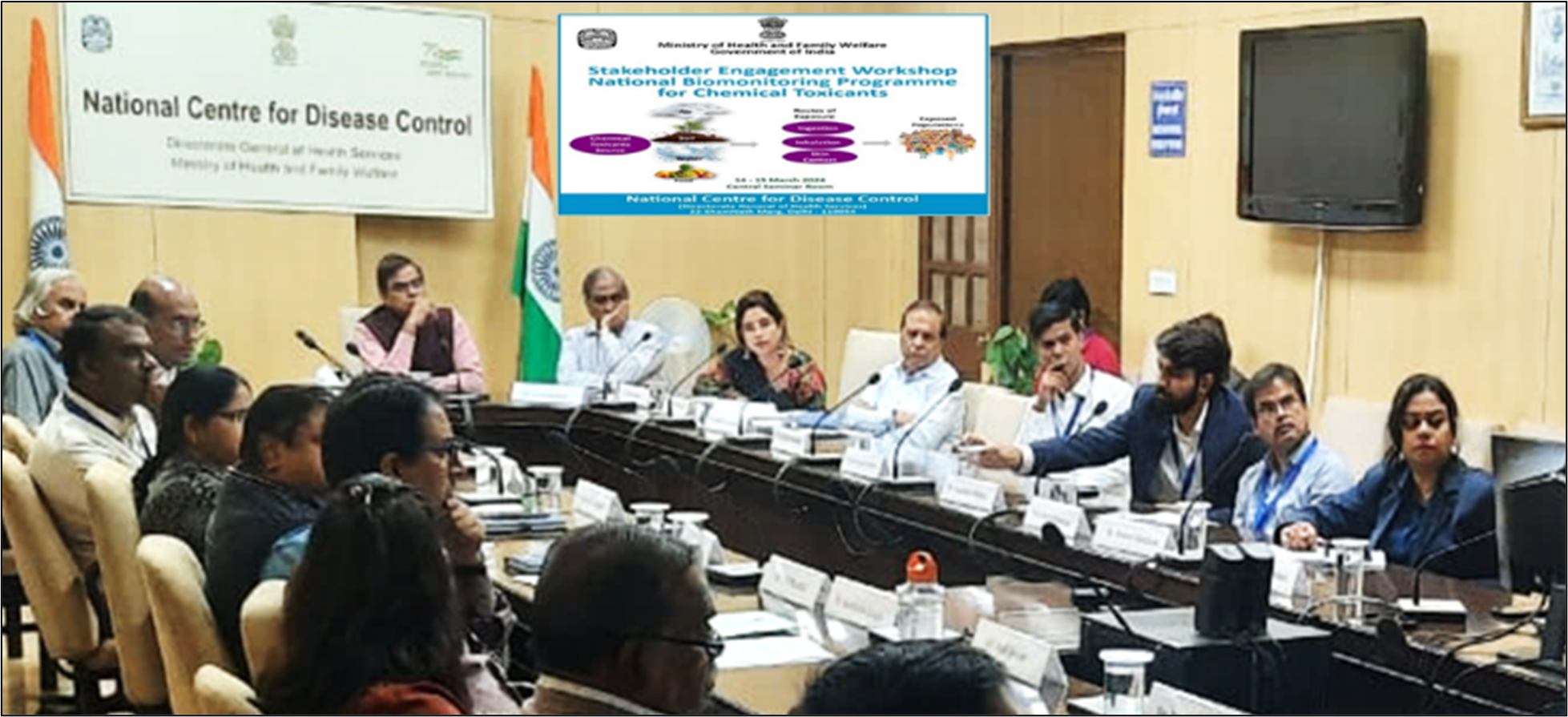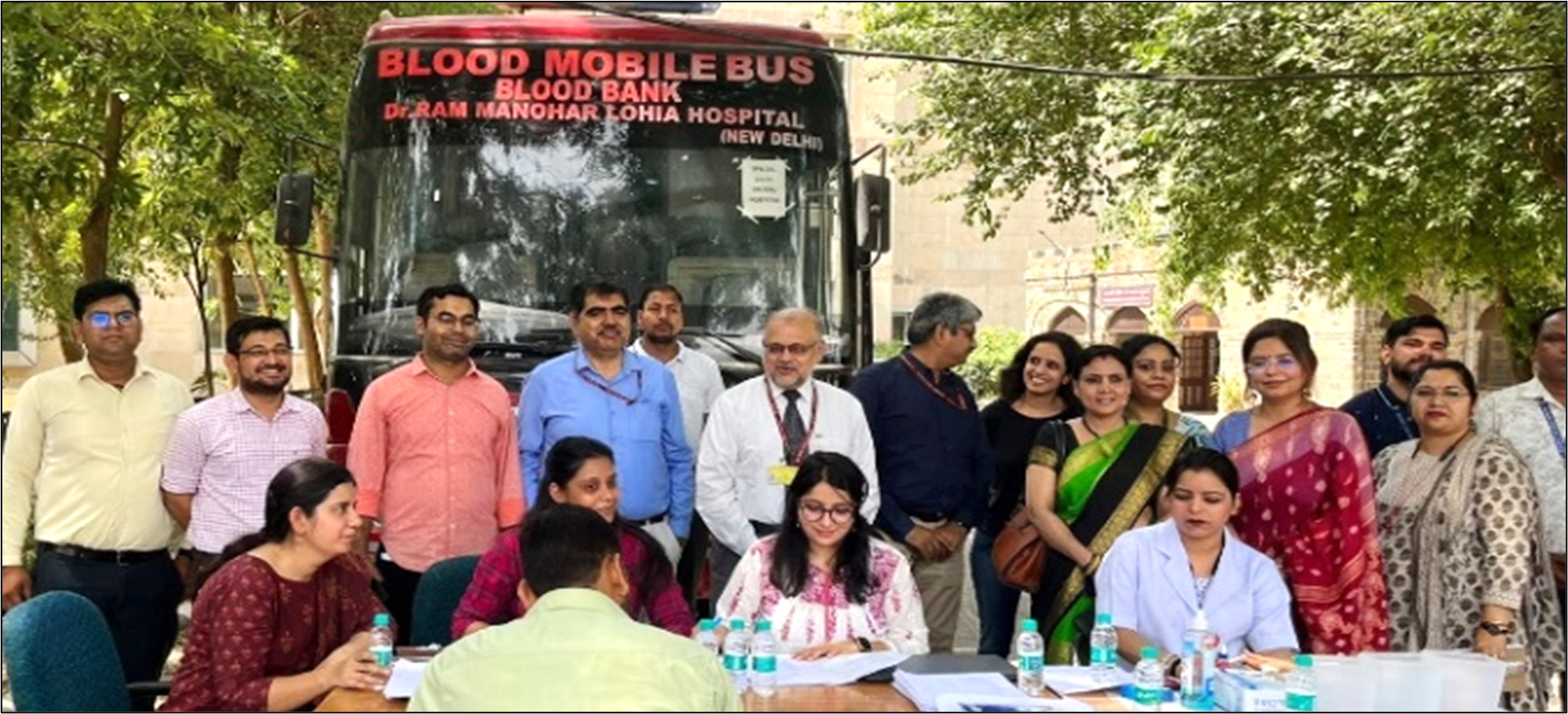Division of Public Health Preparedness (PHP) & Non-Communicable Diseases (NCD)
Introduction
Public Health Preparedness (PHP) & Non-Communicable Diseases (NCD)
Mandate of the Division
- Strengthening Surveillance: Generate early warning signals for the early detection and prevention of disease outbreaks
- Enhancing Laboratory Capacity: Improve diagnostic capabilities to better handle disease outbreaks and public health threats.
- Multi-Sectoral Collaboration: Implement the ‘One Health’ approach (SectorConnect FEP OH) to bridge gaps across human, animal, and environmental health sectors, crucial for controlling emerging diseases.
- Developing Resilient Health Systems: Build surge capacity through national emergency medical and rapid response teams.
- Strengthening Core Capacity at Points of Entry (PoE): Enhance capacities at PoEs to prevent the cross-border spread of diseases
Objective of the Division
- Enhance Surveillance Systems
- Strengthen real-time, integrated disease surveillance to generate early warning signals for timely detection of outbreaks and public health threats.
- Strengthen Laboratory Networks
- Build and maintain a tiered, quality-assured laboratory system for timely and accurate diagnosis of infectious and emerging diseases.
- Promote linkage of laboratories with surveillance data platforms for better public health action.
- Capacity Building and Workforce Development through SectorConnect FEP OH
- Foster multi-sectoral coordination among human, animal, and environmental health sectors by enhancing response for the joint outbreak field response through One Health approach
- Strengthen health workforce preparedness across sectors involved in outbreak response
- Improve Emergency Preparedness and Response Capacity
- Develop and train national rapid response teams (RRTs) and emergency medical teams (EMTs) for outbreak investigation and surge response
- Strengthen Points of Entry (PoE) Capacities
- Implement International Health Regulations (IHR 2005) core capacities at air, land, and sea borders to prevent cross-border transmission of diseases.
Programme Under Division
- National Program for Prevention and Control of NCDs (NP-NCD)
- National Iodine Deficiency Disorders Control Programme (NIDDCP) as National Reference Centre
- National Programme for Prevention and Control of Fluorosis (NPPCF)
Photographs of the Division


Staff Details

Dr. Meera Dhuria
MBBS, MD, MBA (HCA)
Joint Director
Other Staff in the Division

Dr. Priyanka Kundra
MBBS, DNB (Anesthesia)
Senior Medical Officer

Mr. Kuldeep Singh
High School
Insect Collector
Activities
-
- Planning and Coordination for IHR Implementation:
- IHR Secretariat is housed in this division. Coordinating with multiple agencies (EMR, DM Cell, ICMR, MoEF&CC, NHM, WHO, NDMA, NIDM etc) to strengthen IHR core capacities.
- Developing and implementing Standard Operating Procedures (SoPs) for IHR event communication.
- Reporting annual progress on IHR implementation to WHO.
- Coordinating responses to alerts and notifications under IHR.
- Developing the National Action Plan for Health Security (NAPHS).
- Conducting Intra-Action Reviews (IAR), After-Action Reviews (AAR), tabletop and simulation exercises.
- Strengthening Points of Entry (PoEs) through capacity building and designation review.

Two-day National Stakeholder Consultation on IHR from 22 – 23 Sep 2023 at NCDC with the primary objective to review the progress made in implementation of core capacities, monitoring & evaluation tools under IHR and to deliberate on the draft SOPs for IHR stakeholders

National Stakeholder Consultation on IHR (2005) amendments and the way forward held on 22-23 Oct, 2024 at NCDC, Delhi. Key outcomes included an updated Annual IHR progress report 2024 and increased awareness among stakeholders about the IHR amendments.
- SectroConnect FEP OH
- Enhancing field-level epidemiologic capacity across sectors through SectorConnect.
- Building capacity in risk communication and community engagement.

National Stakeholder Engagement for SectorConnect FEP-OH, 4-5 Sep 2023
- Surveillance for Chemical Events
- Establishing surveillance for acute chemical events using the IDSP-IHIP system.
- Creating a museum/demo center for chemical incident management.
- Networking with Poison Centres.
- National Biomonitoring Programme for Chemical Toxicants: Development of “National Biomonitoring Programme for Chemical Toxicants” for setting up of a National Surveillance System to assess and report exposure to heavy metals and other chemical toxicants in collaboration with Governmental and Non-Governmental stakeholders like AIIMS, CSIR, ICMR, CGWB, MoEF&CC, DCPC, WHO, etc. Technical Working Group meetings and meeting with stakeholder laboratories were held in the months of Oct – Nov 2023 followed by a two-day Stakeholder Engagement Workshop at NCDC, Delhi from 14 – 15 March 2024 to explore opportunities for linkages.

Stakeholder Engagement Workshop- National Biomonitoring Programme for Chemical Toxicants, 14-15 Mar 2024
- As the “National Reference Centre” for National Iodine Deficiency Disorders Control Programme (NIDDCP):
Validation of Iodine content in edible salt samples
- Clinical Biochemistry Test Facility:
- Clinical Biochemistry test facility is available for 36 biochemical parameters, including blood sugar, lipid profile, liver function, kidney function, pancreatic function, thyroid function, electrolytes and micronutrients, urinary Iodine and serum & urinary Fluoride for officers and staff of NCDC, NCVBDC and Dte.GHS., MoHFW.
- Division is also in process of setting up of Biomonitoring Laboratory for chemical toxicants.
- Observance of events of public health importance:
- World Blood Donor Day
- International Day of Yoga
- World Mental Health Day
- Lead Poisoning Prevention Week
- Planning and Coordination for IHR Implementation:

Voluntary blood donation camp at NCDC, Delhi on 23 May 2023 in observance of the World Blood Donor Day
Research projects and Publication (With website link):
- A study on Clinico-epidemiological profile of the COVID-19 patients admitted in tertiary care hospitals for treatment and management at Delhi.
Laboratories/ units under the Division:
- IHR Secretariat
- SectorConnect: Field Epidemiology Programme in One Health
- Division of Biochemistry and Toxicology
- Wellness Centre









